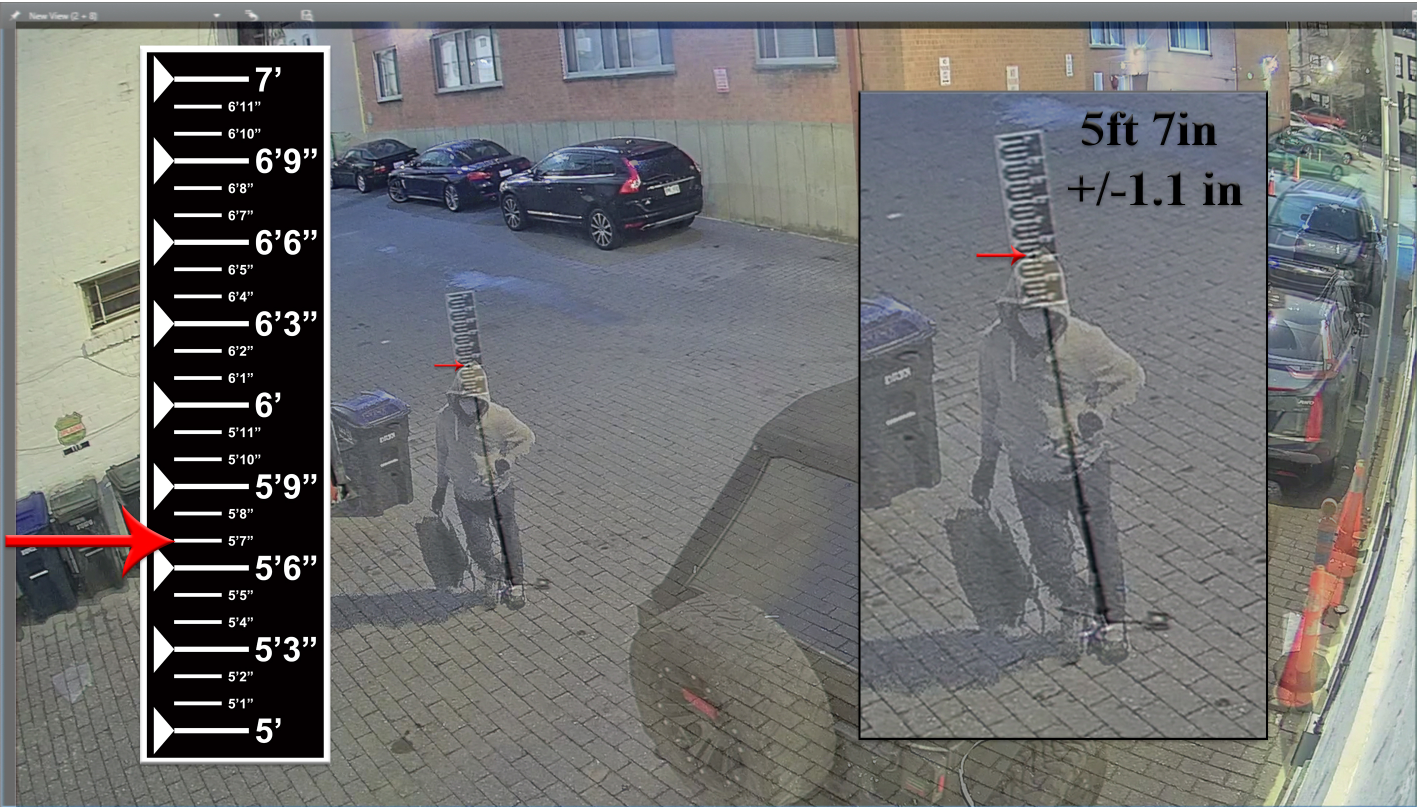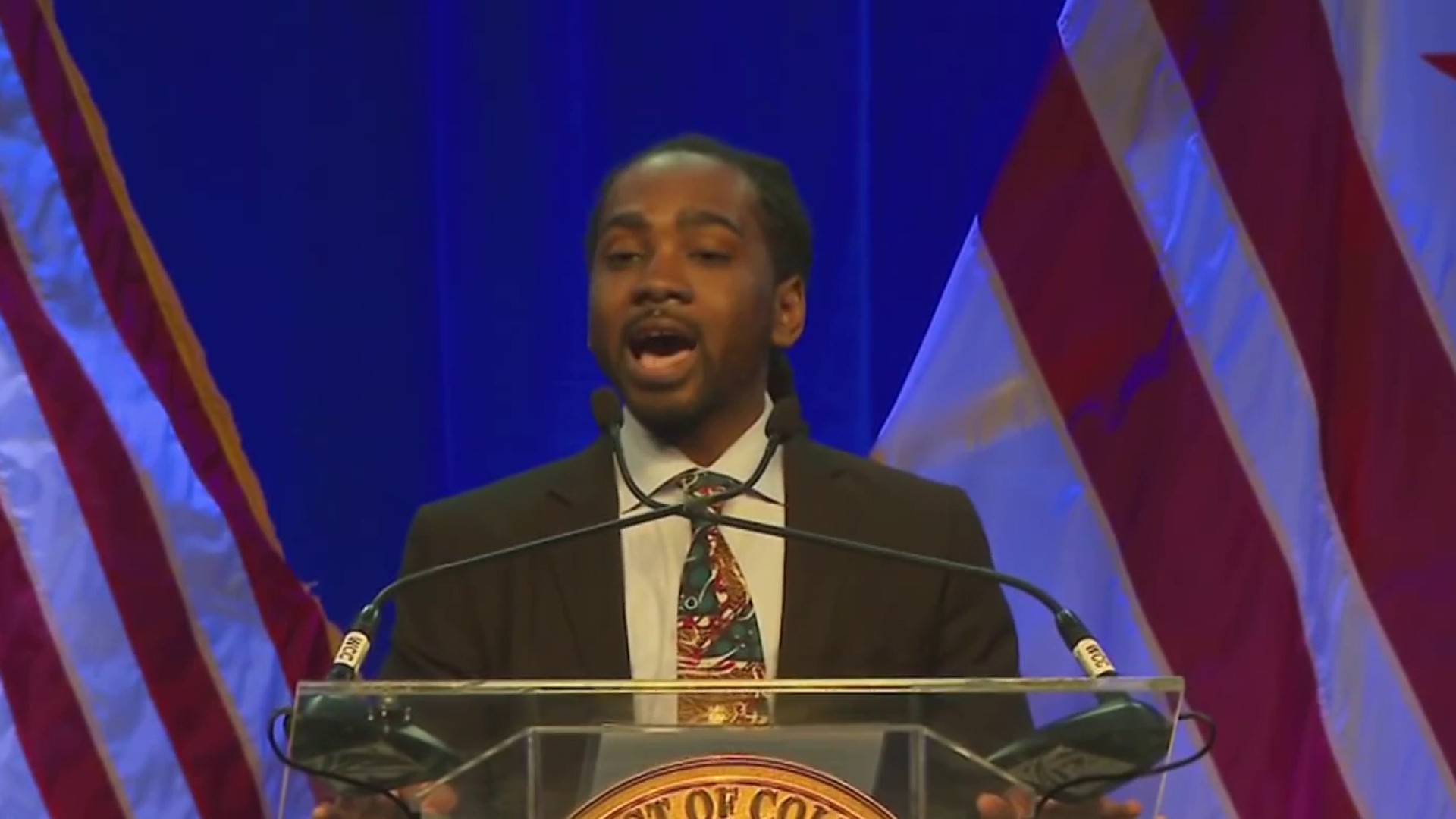
Maryland's highest court on Friday upheld a lower court's granting of an emergency petition from the state elections board that will allow mail-in ballots to be counted earlier than currently allowed by state law.
Maryland Court of Appeals Chief Judge Matthew Fader wrote that the petition granted last month by Montgomery County Circuit Judge James Bonifant was “affirmed in all respects" for reasons that will be stated in a later opinion.
The decision will be instrumental in helping local election officials "complete the timely canvassing and tabulation of these ballots and meet all relevant statutory deadlines,” the Maryland State Board of Elections wrote in a statement.
The state and local boards of elections have begun implementing the pre-Election Day canvassing protocols established during the 2020 general election, the state board said, adding that best practices will provide the foundation for the canvassing process throughout the 2022 General Election.
We've got the news you need to know to start your day. Sign up for the First & 4Most morning newsletter — delivered to your inbox daily. >Sign up here.
The Court of Appeals had upheld the petition hours after hearing oral arguments earlier in the day.
Attorney C. Edward Hartman told the court that it was up to the General Assembly, not the courts, to change the law. In fact, the legislature passed a measure to allow the earlier counting of mail-in ballots this year, Hartman noted, but Gov. Larry Hogan vetoed the bill because of other provisions in it he did not support.
“This discussion already happened this year in the appropriate branch of the government," said Hartman, who is arguing on behalf of Dan Cox, Republican candidate for governor. "We don’t get to do it over again here.”
Local
Washington, D.C., Maryland and Virginia local news, events and information
Last month, Bonifant granted an emergency petition filed by the state elections board last month to allow the canvassing of mail-in ballots to begin Oct. 1.
Bonifant wrote that with so many mail-in ballots, which have become more popular amid the COVID-19 pandemic, local boards of election would not be able to verify the vote count within 10 days of the general election as required. That would put into jeopardy the seating of winning candidates by the dates of the next term of office, Bonifant noted.
Hartman argued that the state needs to follow constitutional requirements because “once we begin approving the blurring of the lines between the three government branches, we start a slippery slope downhill.”
But Court of Appeals Judge Angela Eaves asked: “We're talking about this general election only, so should we just accept the domino effect and the turmoil that that could cause?”
Hartman said it's not a question of whether the state should or shouldn't.
“The question is whether we can, and I believe we cannot. Under the United States and Maryland Constitutions, this is not a judicial function," Hartman said.
Eaves questioned how the delay in counting the ballots could prevent elected officials from beginning their terms to start addressing important issues for the public.
Eaves asked: “Should citizens just say, ’Well, I guess we’ll just have to wait to address these important issues that affect us? ... So the domino effect doesn't matter at all?'"
Hartman replied: “It does matter, but it doesn’t mean that it’s one that this court can fix. Otherwise, this court becomes the legislature."
Dan Kobrin, an assistant attorney general who argued on behalf of the Maryland State Board of Elections, said the board petitioned the court under a constitutional delegation of power from the legislature to the judiciary for a narrowly tailored remedy that is available because of emergency circumstances for the public interest.
“You have a decision by the Circuit Court on the discrete set of facts with a remedy that only approaches and affects the discrete set of facts as to the party before it,” Kobrin said.
Counting mail-in ballots before Election Day was allowed in 2020 during a state of emergency, when voting by mail increased due to the pandemic. But because the state of emergency expired, the state went back to a law that doesn’t allow mail-in ballots to be counted until after Election Day.
Mail-in ballot counting did not begin until two days after the primary in July, leaving the outcomes of many races unknown for days.
This is a big election year in Maryland, with statewide offices like governor, attorney general and comptroller on the ballot, as well as all 188 seats in the General Assembly, the state's eight U.S. House seats and a U.S. Senate seat.
As of Wednesday, 549,681 voters had requested mail-in ballots in Maryland. That's more than the 508,000 who asked for them in the primary. Maryland has about 3.8 million eligible active voters.




